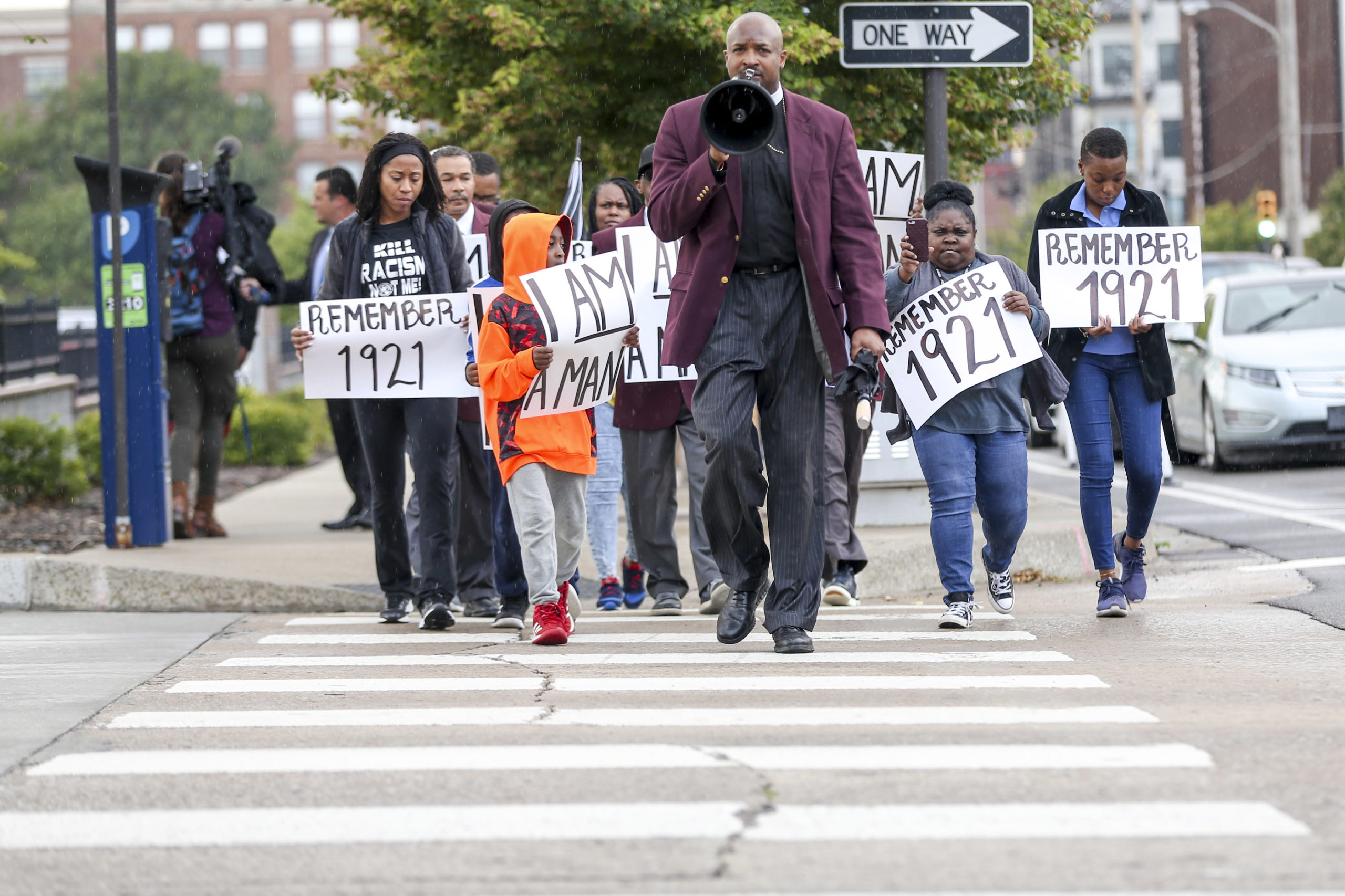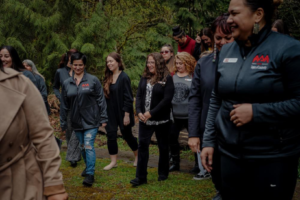ABSTRACT
How should historic social injustices be addressed? Survivors of the 1921 Tulsa Massacre and their descendants, including Representative Regina Goodwin of Tulsa, believe they should be addressed through reparations and have consequently continued to push the government of Tulsa to pay reparations for the massacre. In 2020, after no direct reparations and largely symbolic governmental efforts, proponents of reparations wondered if that call would finally be answered. The upcoming centennial of the massacre, the resurgent Black Lives Matter movement, and discussions within the U.S. about reparations broadly have made the issue more salient. The case guides students to consider the specific issue of reparations for the Tulsa Massacre, the idea of reparations generally, and the use of reparations to respond to the effects of slavery and racist governmental policies in the U.S. The student also considers the role of business in responding to racial justice issues.




